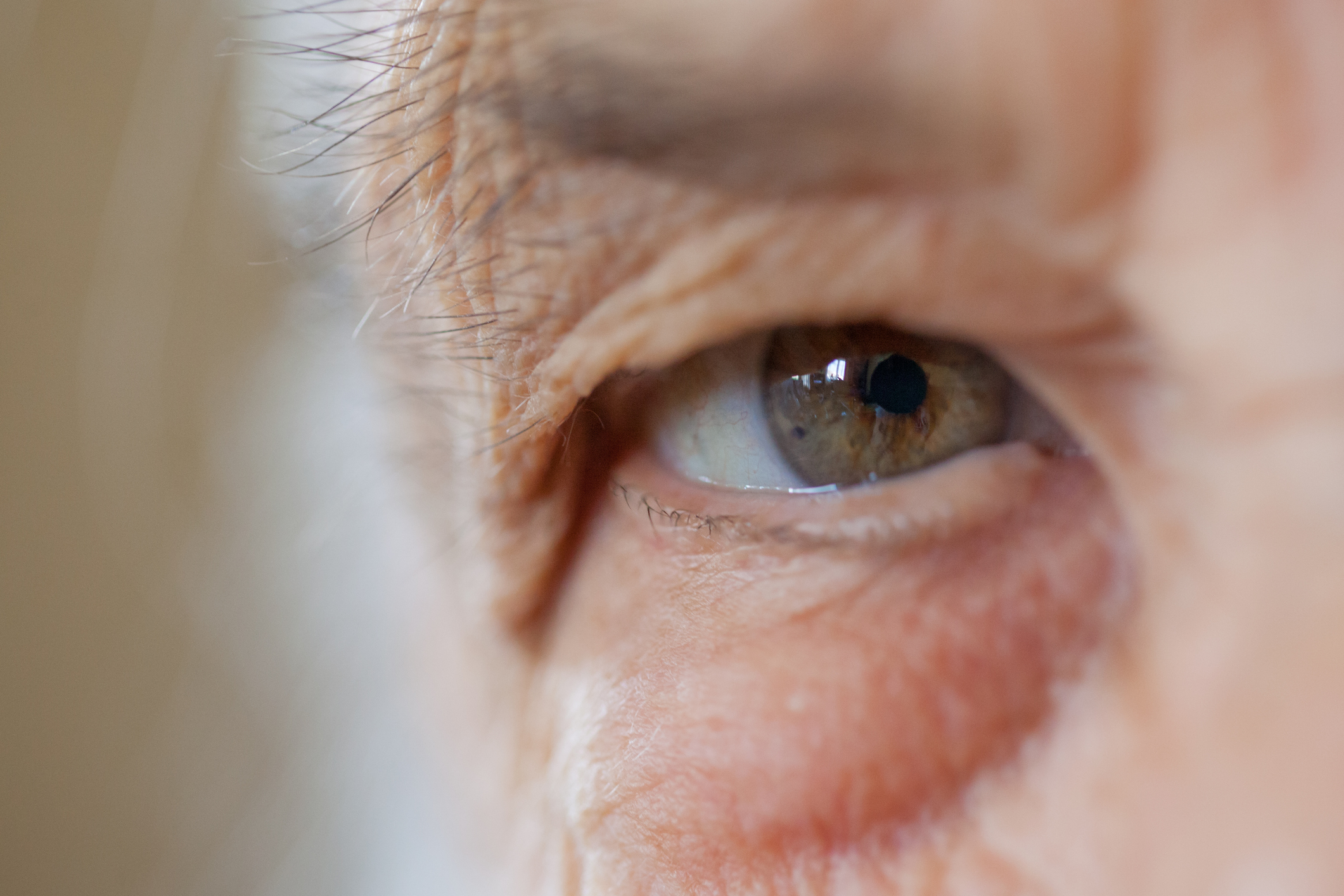Cyberbullying is a phenomenon that has become more prevalent especially in recent years due to the spread of new communication technologies, especially social networks (a favorite place for the cyberbully). But what is it specifically about ? Well, the term cyberbullying is defined as the use of new communication technologies to intimidate, harass, offend, threaten and exclude people. Usually the victims of this new type of violence are mostly teenagers, that is, that segment of the population that lives in a very close relationship with the Internet and social networks. Such behavior, unfortunately, if not stopped in time can scar the lives of the unfortunate cyberbullied forever, with serious consequences in real life as well.
The results of the research
According to research completed by scholars from theUniversity of Birmingham, carried out on a sample of more than 150,ooo children and youth (under age 25) from more than 30 different countries, victims of cyberbullying are more likely (in some cases even twice as likely) to engage in behaviors self-defeating e suicidal than those who are not its victims. In addition, the research also showed another very peculiar data, which concerns cyberbullying perpetrators instead. In fact, even in their case, the possibility of developing suicidal behaviors and thoughts is noted. Thus, it can be seen that this is a new form of violence that is dangerous for all concerned, both perpetrators and victims.
The advice of scholars
The results of this study highlight a very important problem that should not be underestimated. For this reason, the authors of the research themselves, among whom we cite Professor Paul Montgomery of the University of Birmingham, sharply point out that in order to permanently eradicate the problem, or at least lessen its consequences, prevention programs must be instituted in schools to prevent such a problem from occurring. In particular, according to the scientists, these recommendations should be followed:
- include the concept of cyberbullying in all those programs that deal with bullying in general and safe I nternet use
- psychologists and mental health professionals in the institution should ask pupils on a regular basis if they have experienced cyberbullying
- all victims of cyberbullying should follow a guided pathway to identify any mental disorders or self-injurious tendencies
- promote school (and non-school) programs that teach proper use of technology
Only if these regulations are put in place will there be a greater chance of combating this phenomenon and nipping any cyberbullying attacks in the bud, lest it lead to a tragic end as we are all too often accustomed to hearing.


































































































